(CPV) – National Assembly deputies requested the Drafting Committee to clarify specific articles and clauses to continue perfecting the draft Law on Juvenile Justice, ensuring progressive, humane, and friendly requirements in resolving cases involving juvenile offenders.
Continuing the working program of the 8th Session of the 15th National Assembly, on the morning of October 23, the National Assembly discussed in the hall a number of contents with different opinions of the draft Law on Juvenile Justice (JJJ).
Discussing in the hall, the majority of delegates basically agreed with the content of the draft Law submitted at this Session and the Report on explanation, acceptance and revision of the Standing Committee of the National Assembly on the draft Law on Juvenile Justice. Many delegates contributed comments on the regulation of the Standing Agency assisting the National Council on Juvenile Justice in Article 28.
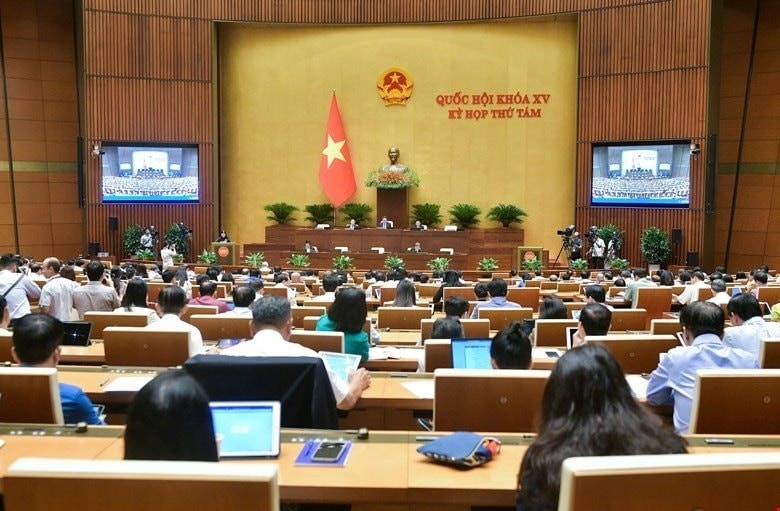 |
| Overview of the meeting. |
Assign the Ministry of Public Security to be the focal point in the management of juvenile justice.
Delegate Huynh Thanh Phuong (National Assembly Delegation of Tay Ninh Province) agreed that the Standing Agency assisting the National Council on Judicial Management for the Juvenile Justice is the Ministry of Public Security as stipulated in Clause 1, Article 28 of the draft Law. The delegate said that assigning the Ministry of Public Security as the focal point in the judicial management of juveniles is consistent with its functions and tasks. On the other hand, the initial reception and handling of information related to juveniles and the consideration and application of diversion measures (XLCH) at the initial stage of the handling process are also carried out by the Public Security agency.
Sharing the same view, delegate Pham Van Hoa (National Assembly Delegation of Dong Thap Province) also agreed to assign the Ministry of Public Security as the Standing Agency assisting the National Council on Judicial Juvenile Justice. Concerned about the educational measures at reformatory schools (Article 52), delegate Pham Van Hoa agreed with the Report on explanation and acceptance of the Standing Committee of the National Assembly, and agreed with the provisions of the draft Law on converting the judicial educational measures at reformatory schools stipulated in Article 96 of the Penal Code into the measure of criminal justice. The delegate said that such provisions are very suitable for the current situation of our country.
Consider the conditions under which redirects are processed
Delegate Duong Van Phuoc (Quang Nam Province National Assembly Delegation) proposed to supplement the penalty provision (Article 3) in the direction of not applying penalties to juveniles for inciting people under 18 to commit crimes. According to the delegate, the awareness of juveniles is limited and their thinking is impulsive; The addition of this provision is reasonable, demonstrating the humanity, friendliness, and progress of the draft Law.
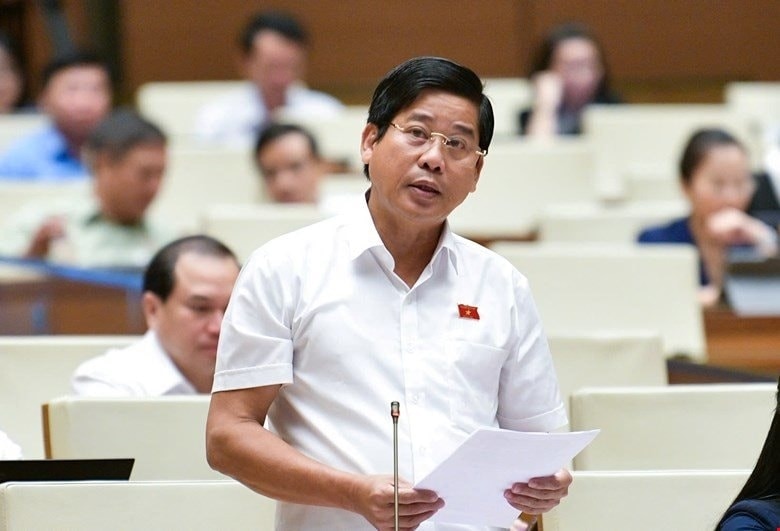 |
| Delegate Duong Van Phuoc (National Assembly Delegation of Quang Nam province) spoke at the hall. |
Regarding the conditions for applying the diversion measure, according to delegate Phuoc, the provision “the juvenile agrees in writing to the diversion treatment” in Clause 3, Article 40 is not appropriate, because Clause 3, Article 6 stipulates that “the handling of juveniles must be based on the criminal act, personality, awareness, and danger to society…”. The penalty is not intended to punish but to educate, deter, and prevent crime. Therefore, it is necessary to consider removing the provision that the diversion treatment requires the juvenile to agree in writing.
In addition, delegates proposed to add conditions for redirection, including: voluntarily repairing and remedying the consequences; having reconciled; being requested by the victim's representative to apply redirection measures...
Delegate Nguyen Thanh Sang (Ho Chi Minh City National Assembly Delegation) expressed disagreement with the regulation that diversion measures should not be applied if at the time of consideration and handling of the case, the juvenile is 18 years old. The delegate said that this regulation is not consistent with the psychology of the juvenile when he committed the crime. "Right from the time of initiating the case, prosecuting the accused, the conditions for applying diversion measures must be determined and the age of the offender must be calculated from that time," he said.
From another perspective, delegate Nguyen Tao (National Assembly delegate of Lam Dong province) is worried about the increasing crime rate of juveniles. According to delegate Tao, if there are no strict regulations and too many diversionary measures are applied, the situation will become more serious.
“It is necessary to stipulate that some types of crimes are not subject to the redirection treatment; as well as add conditions for application such as repentance, remorse, awareness of wrongdoing; voluntary correction, compensation for damages... to be consistent with the provisions of the Penal Code,” commented delegate Tao.
Recommendation to transfer the file to the Court for consideration and decision when there is a dispute over compensation
Pay attention to Article 57 on the Decision on the application of redirection measures. Accordingly, in case there is a request to resolve the issue of compensation for damages, it will be resolved according to the provisions of the law on civil proceedings...
According to delegate Phan Thi Nguyet Thu (Ha Tinh Province National Assembly Delegation), the reality of handling criminal cases shows that if we only deal with the criminal act without addressing the material consequences, "we will not thoroughly resolve the case". On the other hand, in addition to handling the redirection to protect the interests of the minors, the law needs to have principles to protect the rights and legitimate interests of the victims.
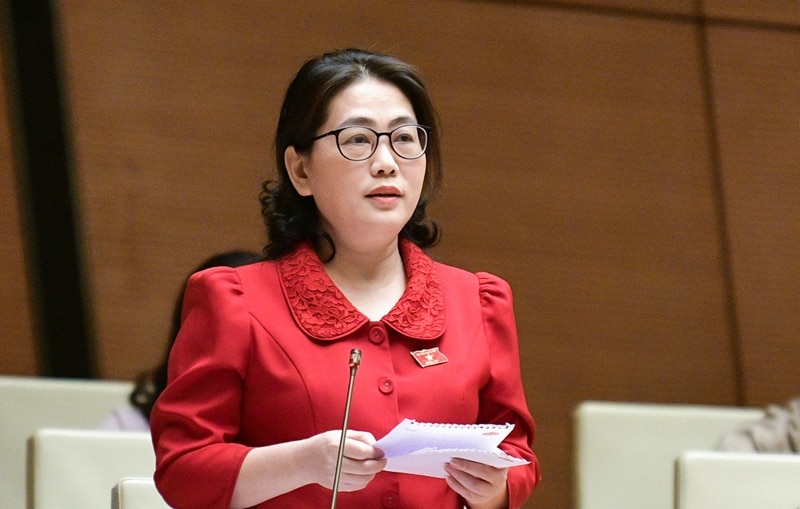 |
| Delegate Phan Thi Nguyet Thu (National Assembly Delegation of Ha Tinh province) spoke at the hall. |
“In practice, the law stipulates that the victim’s opinion is appropriate. The provision as in Point i, Clause 1, Article 57 will give rise to an additional civil case to resolve the compensation dispute caused by the defendant’s actions. In the process of resolving the civil case, it is also necessary to review the defendant’s illegal actions,” delegate Thu analyzed.
Therefore, delegate Thu suggested considering regulations in the direction that when there is a dispute over compensation, the investigation agency and the prosecutor's office should not handle the case but transfer the case to the court for consideration and decision. "This is consistent with the provisions of the Criminal Procedure Code; the Law on Enforcement of Civil Judgments; the Law on Enforcement of Criminal Judgments without giving rise to another civil case."
Regarding Article 147 (Friendly trial procedure), it is stipulated that: During the trial, if the juvenile is found to be eligible for diversionary measures, the Trial Panel shall consider and issue a decision to apply diversionary measures to the defendant. This decision must contain the contents specified in Clause 1, Article 57 of this Law and may be appealed or protested in accordance with the provisions of the Criminal Procedure Code.
According to delegate Thu, the constructive spirit of the Law is friendly to the juvenile, as well as resolving the case quickly and promptly. Appeals and protests can prolong the trial period, because the order of appeal, retrial, and review... will be disadvantageous to the juvenile. Therefore, it is recommended to consider this provision in the direction of assigning the investigation agency and the prosecutor's office to implement the decision on diversion measures right from the above stages.
Explaining and clarifying a number of issues raised by National Assembly deputies, Chairwoman of the National Assembly's Judicial Committee Le Thi Nga said that the opinions expressed by the National Assembly deputies were very profound, comprehensively and specifically referring to the points, articles and clauses of the draft Law. Through discussions and agreements with the Chief Justice of the Supreme People's Court and the drafting agency, the Chairwoman of the Judicial Committee stated that the reviewing agency and the drafting agency will seriously absorb the opinions of the National Assembly deputies. After this session, the two agencies will coordinate with relevant agencies to carefully study the opinions of each National Assembly deputy to revise the draft Law and advise the National Assembly Standing Committee to report on the explanation and acceptance of the opinions of the National Assembly deputies, and submit it to the National Assembly before passing it at this session./.


![[Photo] More than 17,000 candidates participate in the 2025 SPT Competency Assessment Test of Hanoi National University of Education](https://vphoto.vietnam.vn/thumb/1200x675/vietnam/resource/IMAGE/2025/5/17/e538d9a1636c407cbb211b314e6303fd)

![[Photo] General Secretary To Lam visits exhibition of achievements in private economic development](https://vphoto.vietnam.vn/thumb/1200x675/vietnam/resource/IMAGE/2025/5/18/1809dc545f214a86911fe2d2d0fde2e8)


![[Photo] National conference to disseminate and implement Resolution No. 66-NQ/TW and Resolution No. 68-NQ/TW of the Politburo](https://vphoto.vietnam.vn/thumb/1200x675/vietnam/resource/IMAGE/2025/5/18/adf666b9303a4213998b395b05234b6a)




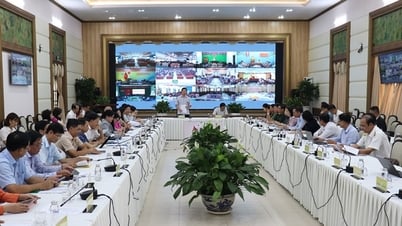

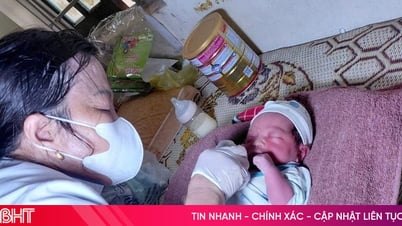









![[Infographic] Numbers about the 2025 High School Graduation Exam in Dong Thap Province](https://vphoto.vietnam.vn/thumb/402x226/vietnam/resource/IMAGE/2025/5/17/c6e481df97c94ff28d740cc2f26ebbdc)
![[Photo] Prime Minister Pham Minh Chinh chairs meeting on science and technology development](https://vphoto.vietnam.vn/thumb/1200x675/vietnam/resource/IMAGE/2025/5/17/ae80dd74c384439789b12013c738a045)
















































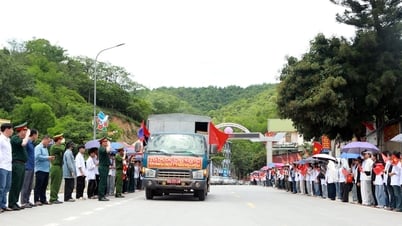



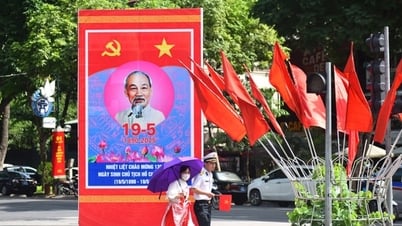









Comment (0)